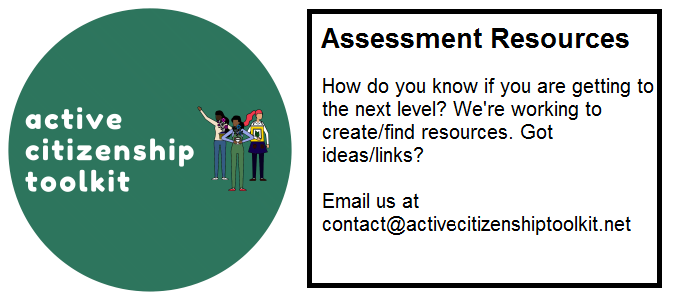Element Descriptor
Meetings. They can be (usually are) a black hole for time, energy, morale. But they can also be spaces of reflection, connection, strategizing. Being able to report succinctly and clearly on what happened, and what might happen next, is a useful and underrated skill. Its absence means folks are flailing in the dark
Level descriptors
| Novice | Practitioner | Expert | Ninja |
|---|---|---|---|
| you can produce a clear report of a relatively ‘straightforward’ meeting within a few days of it happening, listing the major points, not getting anyone’s name wrong, and saying what will happen next. With relevant hyperlinks. | you can speedily produce a clear report about a complicated/tempestuous meeting that captures both what was said and what wasn’t/could have been/should have been | you can produce, by sun-up, a detailed (nay, forensic) report that skewers pomposity, redundancy, delusion, while also celebrating what – if anything – was good. | You can produce, before everyone’s gone home, a detailed, funny, compassionate account of what happened and what didn’t but could have (given the constraints of space, time etc) that will inform those who attended, those who didn’t and maybe – just maybe – shift the future meeting design and facilitation of, well, everyone. |
Element Overview Essay
This is a draft. If something doesn’t make sense, or you see typos, or if you have further ideas, please email us on contact@activecitizenshiptoolkit.net
And this goes for both online and In real life, if we ever return to in real-life meetings,
So the causes of it being done badly, partly just exhaustion. People have been in a meeting that was probably not very good. They’re knackered. They go home, or switch off the Zoom. They put it on their to do list. Something else comes along and suddenly it’s a week later. They can’t remember the finer points. They think “well, nobody cares.”
The consequences of not reporting on meetings at all, or reporting on them badly, are actually quite profound but invisible at the same time. I feel that if your group is calling meetings and then not telling people who weren’t there who couldn’t be there, what happened, you’re actually sending a message. “If you don’t come to our meetings, we don’t actually care about you. You’re not willing to sacrifice an hour, an hour and a half of your lives to listen to something that is probably not going to contain huge amounts of useful information, then piss off.”
And I’ve always felt like that about face-to-face meetings especially but I think the same is true of online meetings. And of course, that’s the message that people who weren’t at the meeting will absorb. And they will make a judgement then act accordingly, on how much time and effort to put into your group. Spoiler alert: it won’t be much.
So the solution to reporting on meetings are these. Practice it. Just create a simple template that you can write before the meeting, and then you can drop in the main points, and then you can hit publish the next De without having had to do a whole tonne of work.
And that’s fine for most meetings, you know, basic. “What happened? What happens next?” Obviously, if it’s a more complex meeting where more effort went into it, you’re going to put more effort into the reporting, you’re going to make sure that your hyperlinks are all good to go, etc. But this is related to blogging and tweeting. And of course, you can use any live tweeting, you’ve done a meeting to inform the report that you’re right afterwards.
Development Resources
Assessment Resources

